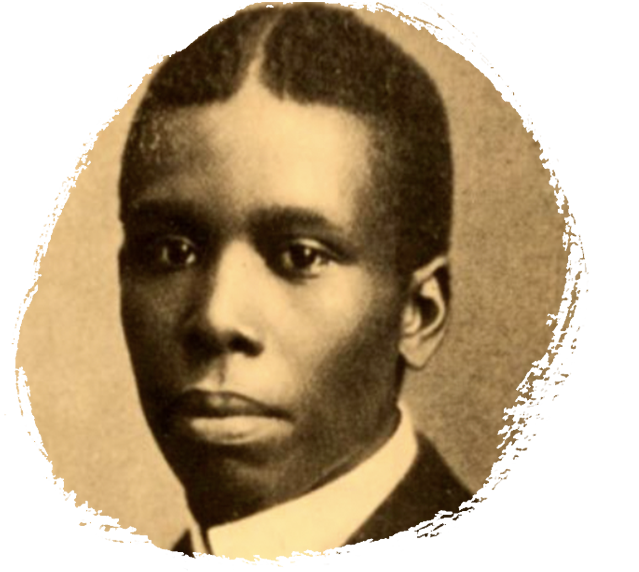Nia - (NEE - uh)
Purpose
Habari Gani?
Nia!
Nia means purpose. It is important to move through life with a purpose or goal. This is not an overarching goal that moves everything in your life, but it could be.
Without focus or a goal, then you have no way to know if you are moving towards achieving something or not. Having a purpose also focuses your choices. Is this choice moving me towards my goal, or is it going to ultimately prevent me form achieving what I want?
Looking back on 2020, I can honestly say that when the year started my goals were the ones they always were.
Goals -
- Keep our company afloat
- Support my children in the way that is most helpful to them
- Volunteer in the communit when you can
- Financially support local social services organizations
- Support our neighbors
- Pay attention to local state, and national politics so I can be certain my voice is counted
The purpose in all of these things is to do my best to support my family and the communities in which I participate.
After COVID... it turns out my goas didn't change and neither did my purpose!
How did I live Nia this year?
- Took our business virtual
- Supported my children as jobs ended and everything went virtual
- Co-founded ASST with the amazing Sheila Arnold
- We have financially and pysically supported our local food pantry
- One of the. things I have found amazing is how active our neighbors have been with the Little Library we erected on our corner. People came from all over the place to exchange and share books during the pandemic.
- And, of course, I vote, comment, and participate in politics.
How did you live Nia this year?
What were your goals and how do they interact with your purpose?
- A short poem
The Seedling
by Paul Laurence Dunbar
As a quiet little seedling
Lay within its darksome bed,
To itself it fell a–talking,
And this is what it said:
“I am not so very robust,
But I ‘ll do the best I can;”
And the seedling from that moment
Its work of life began.
So it pushed a little leaflet
Up into the light of day,
To examine the surroundings
And show the rest the way.
The leaflet liked the prospect,
So it called its brother, Stem;
Then two other leaflets heard it,
And quickly followed them.
To be sure, the haste and hurry
Made the seedling sweat and pant;
But almost before it knew it
It found itself a plant.
The sunshine poured upon it,
And the clouds they gave a shower;
And the little plant kept growing
Till it found itself a flower.
Little folks, be like the seedling,
Always do the best you can;
Every child must share life’s labor
Just as well as every man.
And the sun and showers will help you
Through the lonesome, struggling hours,
Till you raise to light and beauty
Virtue’s fair, unfading flowers.

Paul Laurence Dunbar
Born in 1872, Paul Laurence Dunbar was one of the first African-American poets to gain national recognition. He authored numerous collections of poetry and prose during his life.- Happy Kwanzaa!
 |
| Now in Paperback! |




